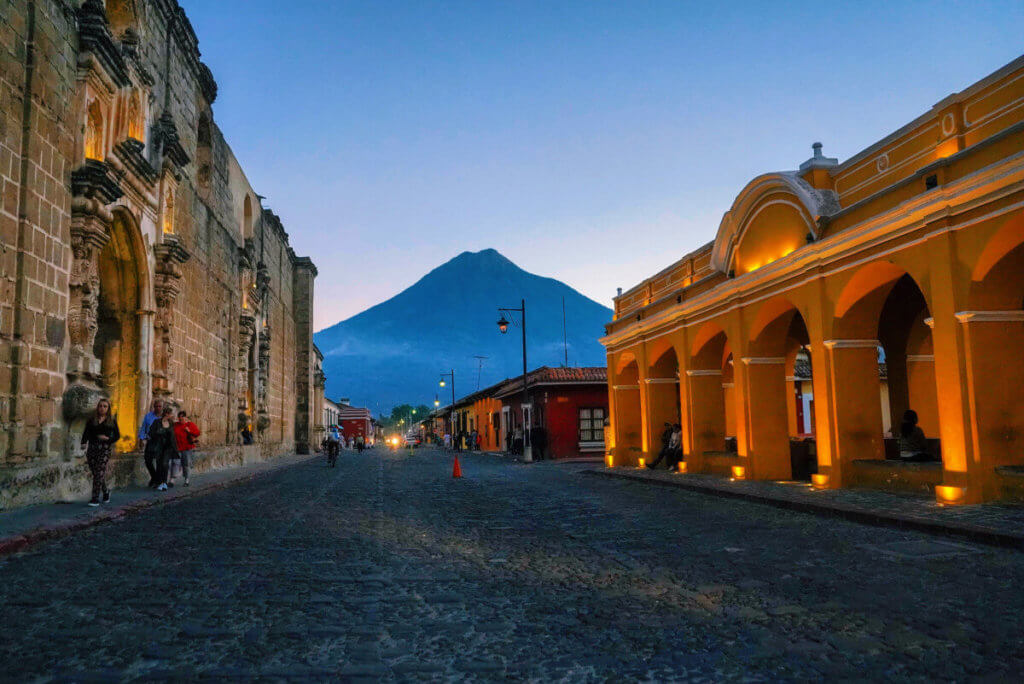Patricia Villatoro September 23, 2020 EscúchaMEE
citizenship, corruption, environmental corruption, democracy, law, dialogue, strengthening, environment, participation, citizen participation, politics, society

Patricia Villatoro
Researcher, teaching in training and environmental science and citizen participation
I have been invited to participate in this initiative that aims to maintain the motivation of young Guatemalans, Central Americans and hopefully Latin Americans to be part of the environmental and natural resources care. There is no doubt that this region is privileged for its environmental wealth, but also for its cultural and social wealth.
On this day and within the framework of the celebrations known as “national holidays”, I have been requested to contribute with ideas related to the construction of citizenship from the environmental point of view. Although it might seem absurd, there is no better way to take care of the environment than from the right to participation, information and, therefore, to democracy. The first key to understand how to take care of the environment exercising our right to citizenship:
- The law. It can be defined as “rational system of social mandatory rules of conduct, considered solutions to problems arising from a historical reality”. That’s why it’s easy to understand the law as one of the most important tools to protect the environment, this way the citizens are not only actors in the decision-making process of the public environmental field, but they also become vigilantes of the application of environmental rules. This forces us as young people and citizens to know the rules, even if they are not clear enough in the indication of the objectives of the basic principles that should imply government action.
- There is no democracy without participation. Population growth and the massification of contemporary societies have not only affected the environment, but also democracy: it is representative and not direct. The role of the political parties in the dynamics of the representation has caused the exercise of citizenship to be reduced to vote on election day, without aspiring to have more participation in the wide world of politics. That is the reason why we should establish spaces to participate in the in monitoring compliance with regulations, the imperative need for an increase of the investment and the implementation of effective public policies for environmental protection.
- Citizen participation is the main key against corruption. The best strategy to co-opt institutions and make corrupt things has been indifference. We are all fed up with corruption. We have to recognize that the most well-known corruption cases in the country are related to natural resources, or to cases in which the consequences had tragic ecological and human impacts.
Environmental corruption occurs at all levels and forms: from embezzlement in the execution of environmental programs to when issuing licenses for the exploitation of natural resources, passing bribes to officials.
Citizen participation is the best defense against corruption. It is a weapon we have against the abuse of power and authoritarianism. It should be aimed to strengthen public institutions, even if they are not environmental, making more efficient actions and avoiding embezzlement in the management of public resources.
But here the questions are: how do we participate beyond voting? How do we make the compliance with the rules, the effective use of the public budget and the creation of effective public policies a reality? Here are two other keys to citizen participation:
- Spaces for positive dialogues. Social skills are a set of behaviors through which a person expresses feelings, attitudes, wishes, opinions or rights in an appropriate way to the context, respecting others and solving the immediate problems of the situation (Caballo, 1986). To make a responsible citizen participation it’s important to establish channels of dialogue with public authorities creating positive brainstorming groups seeking to solve issues and to effectively express our feelings and opinions to the management of an effective, serious and consistent political agenda on a scientific and true basis.
- Leadership creation. If you’ve got to this point, most likely you are looking to identify actions through which you can make a change in the seeking for a better, more humane future without exceeding environmental limits. But there is still left a long way to go when we talk about the “training” of professionals capable of understanding that we only have one mother nature, and that we are running out of resources. It doesn’t matter if we are in politics, business, science or economy, we have to use our forces and interest in the benefit of the majority within clear convictions and supported by legitimate incentives to raise environmental interests as a priority in organizations and countries.
To finish up, there is nothing else to do but to thank for letting me be part of these spaces of dialogue that allow emerging leaders to get voluntarily and responsibly informed, seeking to protect our resources but also our institutions and our society in general.
REFERENCES
Guía de Participación Ciudadana en Materia Ambiental de México, Estados Unidos y Canadá (español) | ELAW. (s. f.). Environmental Law Alliance Worldwide (ELAW). Retrieved on september 19 2020, from https://www.elaw.org/es/content/gu%C3%AD-de-participaci%C3%B3n-ciudadana-en-materia-ambiental-de-m%C3%A9xico-estados-unidos-y-canad%C3%A1-espa%C3%B1o
